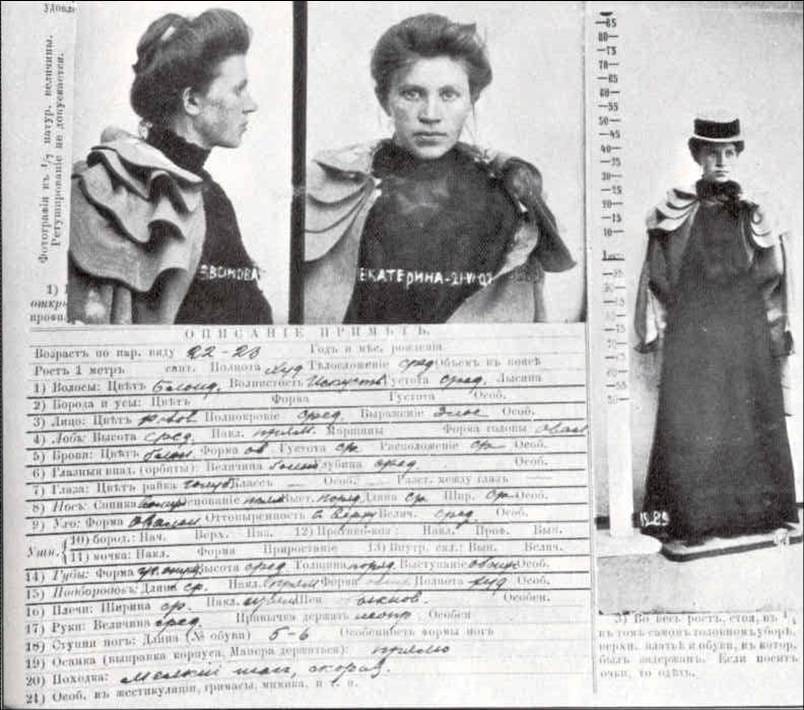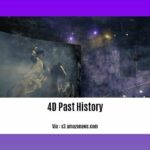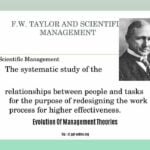This article delves into the transformative movement of modernist historiography, exploring how it revolutionized our understanding of the past and continues to shape our perspectives on the present and future.
Revolutionizing History: The Rise of Modernist Thought
Imagine history class, not as a rigid recitation of dates and facts, but as a dynamic exploration of the human experience. This shift in perspective lies at the heart of modernist historiography, a movement that challenged traditional approaches to understanding the past.
Before modernist historiography emerged, history was often presented as a linear narrative, a straightforward account of events with a single, definitive interpretation. Modernist historians, however, recognized that this approach was inherently limited. They argued that history is not simply a collection of objective facts, but rather a complex and nuanced tapestry woven from multiple perspectives, interpretations, and voices.
The Defining Features of Modernist Historiography
Several key principles distinguish modernist historiography from its predecessors:
- Embracing Subjectivity: Modernist historians acknowledge that their own backgrounds, experiences, and biases inevitably shape how they interpret the past. This recognition of subjectivity doesn’t invalidate historical analysis; rather, it encourages transparency and critical self-reflection.
- Rejecting the “Single Truth”: Modernist historiography challenges the notion of a single, definitive interpretation of history. Instead, it embraces the idea that there are multiple, often conflicting, perspectives on historical events. Understanding these diverse viewpoints, modernist historians argue, leads to a richer and more nuanced understanding of the past.
- The Power of Language: Modernist historians recognize the profound influence of language in shaping our perceptions of history. They understand that the words we use to describe events carry inherent biases and can profoundly influence how we interpret them.
- Breaking the Mold: Modernist historians moved away from traditional, often dry, methods of historical writing. They embraced innovative storytelling techniques, incorporating diverse sources like diaries, letters, and oral histories to provide a more engaging and multifaceted view of the past.
- Amplifying Marginalized Voices: A key contribution of modernist historiography is its focus on uncovering and amplifying the voices of those often marginalized in traditional historical narratives. By exploring the experiences of women, minorities, and everyday people, modernist historians have enriched our understanding of the past and challenged existing power structures.
Modernity as a Defining Force in Historiography
The concept of “modernity” is central to understanding modernist historiography. It’s not just about specific dates or periods, but rather a way of thinking about historical change. Modernist historiography delves into how the rise of concepts like reason, individualism, and progress has shaped our understanding of the world.
One prominent voice in this discourse is historian Lynn Hunt, who argues that modernity represents a “rupture in time”—a deliberate break from traditional ways of thinking and doing things. This rupture, she suggests, led to a fundamental shift in how we perceive truth, progress, and even human nature itself.
Modern Historiography: The Features
Modern historiography represents a significant departure from traditional approaches to understanding the past:
- From Facts to Interpretation: Modern historians recognize that interpreting historical events involves more than simply stating facts. They analyze sources critically, considering the author’s biases, motivations, and the historical context in which the source was created.
- Embracing Complexity: Modern historiography rejects simplistic narratives and seeks to understand the complexities and nuances of the past. It emphasizes that historical events are rarely clear-cut and often involve conflicting perspectives and motivations.
- Expanding the Scope: Modern historiography moves beyond the traditional focus on political and military elites. It explores the experiences of diverse social groups, including women, minorities, and the working class, to create a more inclusive and representative understanding of the past.
Leopold von Ranke: Pioneering Modern Historical Methods
While modernist historiography is a multifaceted movement, Leopold von Ranke is widely regarded as the “father of modern historiography.” His contributions in the 19th century were pivotal in shaping the development of historical research and writing.
Ranke advocated for a rigorous, evidence-based approach to history. He emphasized the critical analysis of primary sources, arguing that historians should prioritize original documents whenever possible. This emphasis on source criticism remains a cornerstone of modern historiography.
Furthermore, Ranke stressed the importance of objectivity in historical writing. He believed historians should strive to present the past “as it actually happened,” minimizing personal bias and allowing the evidence to speak for itself. While the concept of complete objectivity in history has been debated and nuanced over time, Ranke’s emphasis on evidence-based analysis and minimizing bias remain foundational to the field.
Modernist History: Navigating Interpretation and Context
Modernist history examines how our understanding of the “modern” shapes our interpretation of the past. It recognizes that history is not static or objective; instead, it is a dynamic dialogue between the past and the present.
Modernist historians understand that we all view the past through the lens of our own experiences and biases. They argue that instead of trying to achieve an impossible standard of complete objectivity, historians should acknowledge their own perspectives and how these might influence their interpretations.
Moreover, modernist history stresses the importance of context. To fully understand a historical event, one must consider the broader social, cultural, and political landscape in which it occurred. This contextualization helps provide a more nuanced and accurate understanding of the past.
The Lasting Influence of Modernist Historiography
Modernist historiography has left an indelible mark on the study of history:
- Interdisciplinary Approaches: Modernist historiography encourages historians to draw upon insights from other disciplines, such as sociology, anthropology, economics, and literary theory, to enrich their analyses.
- Critical Engagement: The emphasis on source criticism, multiple perspectives, and contextualization has fostered a more critical and nuanced understanding of the past.
- Ongoing Evolution: Modernist historiography is not a static set of principles but an evolving field that continues to adapt to new discoveries, methodologies, and perspectives.
By embracing these principles, modernist historiography encourages us to engage with the past in a more meaningful and critical way. It reminds us that history is not a fixed or static narrative but an ongoing conversation that we all have a role in shaping.
- Explore the fascinating world of fearsome fairy tale monsters.
- Journey back in time to encounter ice age possums.
- Witness the impressive scale of a Lake Superior freighter.
- Unravel the mysteries surrounding the Flatwoods WV county incident.
- Experience the spiritual significance of the San Luis Potosí México temple.
- Delve into the supernatural with Mystery at Blind Frog Ranch season 4.
- SYBAU See You Baby Meaning: Gen Z Slang Evolves - July 1, 2025
- Unlock Your Inner Youth: Lifestyle Secrets for a Vibrant Life - July 1, 2025
- Decode SYBAU Meaning: Gen Z Slang Explained - July 1, 2025






